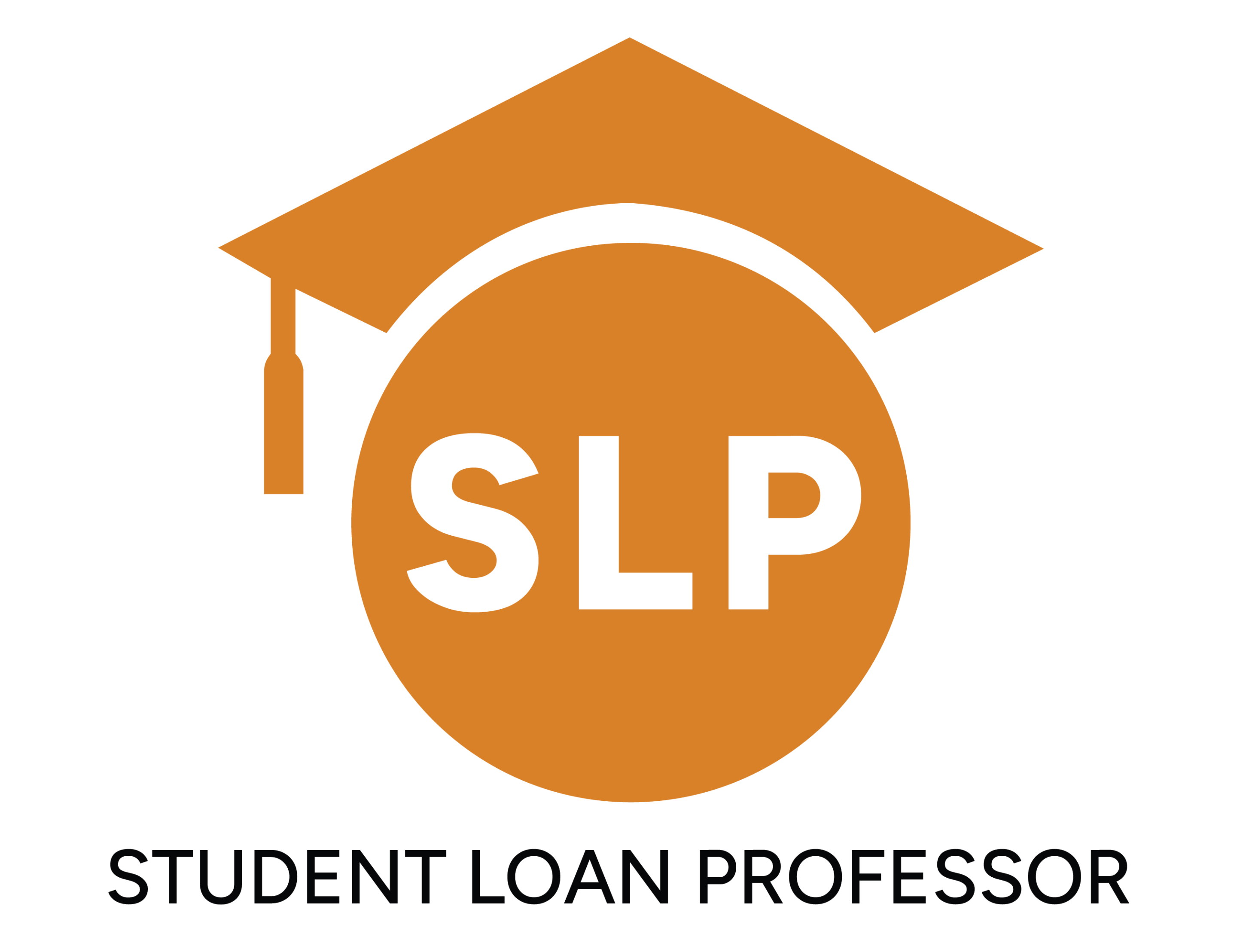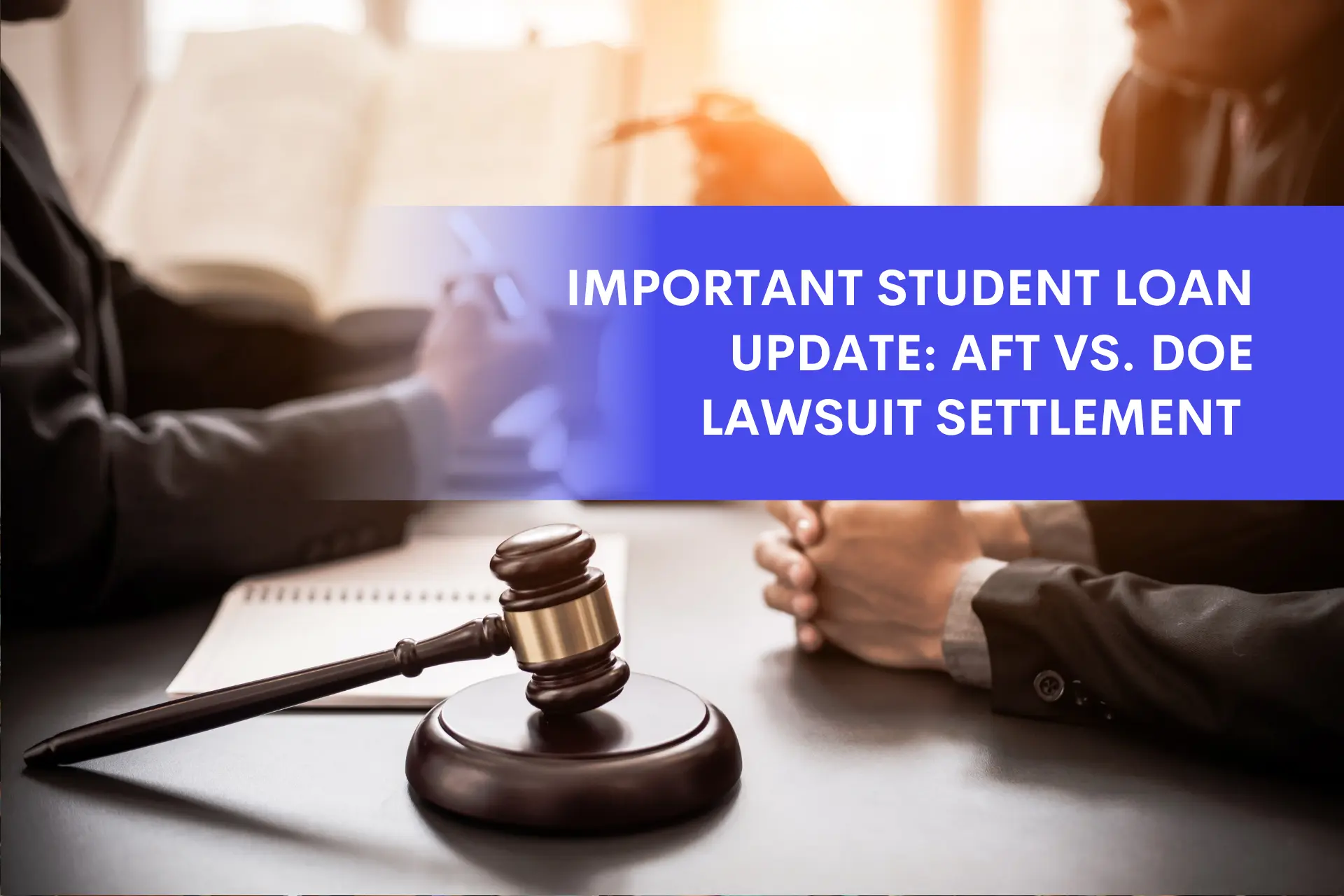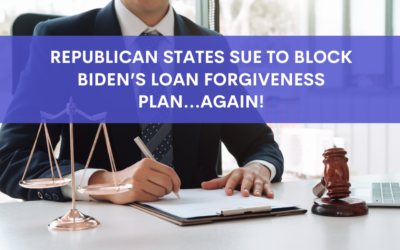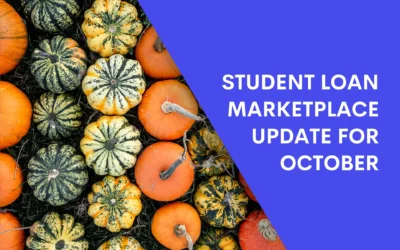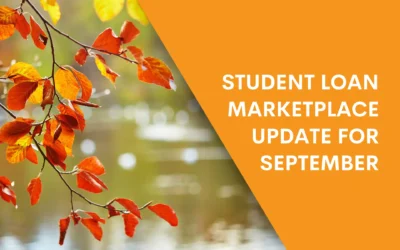Important Student Loan Update: AFT vs. DOE Lawsuit Settlement
You’ve probably seen some headlines the past couple of days about “big wins” for borrowers. Here’s what’s actually happening, and what it means for you.
If you’re currently in SAVE forbearance and/or pursuing PSLF, this doesn’t impact you at all. But for borrowers approaching 20- or 25-year IDR forgiveness, it is a big win.
Our October newsletter summarized the ongoing lawsuit filed by The American Federation of Teachers (AFT) against the U.S. Department of Education. As fate would have it, the two sides reached an agreement the same day we sent that out. Here is what you need to know:
- 1. The Court Isn’t Issuing an Injunction (Yet). Both sides asked the court to deny, without prejudice, AFT’s motions for a preliminary injunction and class certification. Translation: the case isn’t over, but the court doesn’t need to step in right now because the Department has agreed to voluntarily take specific actions.
- 2. The Department Will Keep Processing Loan Cancellations. Borrowers eligible for cancellation under the IBR, Original Income-Contingent Repayment (ICR), or Pay As You Earn (PAYE) plans will continue to have their discharges processed. Keep in mind, an appellate court already ruled that forgiveness under ICR, PAYE, and SAVE was unlawful. But since they sent that ruling back down to the lower court for finalization, forgiveness can still be awarded…for now.
- 3. The “Partial Financial Hardship” Rule Is Gone. The Department will no longer deny IBR applications just because a borrower doesn’t meet the old “partial financial hardship” definition.
- Those applications will be held until system updates are complete…as we reported last week.
- Borrowers who were denied after July 4, 2025, for lack of hardship will be invited to reapply once systems are ready.
- 4. Public Service Loan Forgiveness (PSLF) Buybacks Continue
The Department will keep processing PSLF Buyback requests and discharges for eligible borrowers. - 5. When Is a Loan Considered Discharged? For IBR, ICR, and PAYE, the “effective date” of discharge is when the borrower becomes eligible – not when paperwork is finalized.
- No IRS Form 1099-C will be issued for borrowers discharged in 2025 if IRS Notice 2022-1 conditions are met (so no surprise tax forms).
- If a borrower on SAVE switches to IBR, ICR, or PAYE by Dec. 31, 2025, and is approved in 2026, the eligibility date (not approval date) counts as the discharge date.
- 6. Overpayments Will Be Refunded. Anyone who keeps paying after reaching loan-forgiveness eligibility under an IDR plan will continue to be reimbursed for those extra payments.
- 7. IRS Has the Final Say on Taxes. While the Department won’t issue 1099-Cs under certain conditions, the IRS and Treasury make the ultimate call on whether discharged loans count as taxable income.
- 8. Transparency Through Status Reports. The Department must file six public status reports, starting 30 days after the government shutdown ends and then every 30 days. Each report will include:
- Number of IDR applications received, pending, approved, or denied
- Number of loans discharged under IDR (broken down by IBR, ICR, PAYE)
- Number of PSLF Buyback applications received, pending, approved, or denied
- Number of PSLF discharges processed
- 9. Extra Data in the First Report. The first status report will also explain how the Department identifies borrowers eligible for IDR cancellation and will list how many IBR denials since July 4, 2025 were due to “lack of hardship.”
That’s a lot of bullets, all of which are important. But here is the real takeaway: If you qualify for 20- or 25-year IDR forgiveness in 2025, you will get the tax-free benefit, even if they process it in 2026. The rest of these items, such as the PFH going away, PSLF Buyback applications being processed, and reporting, were already happening.
Need help understanding how this affects you?
The student loan landscape is evolving quickly and the fine print matters. If you’re unsure where you stand, or whether you could benefit from these updates, our team at Student Loan Professor is here to help you navigate your options confidently and strategically.
Register for a consultation today to make sure you’re not leaving forgiveness – or refunds – on the table.
Brandon Barfield is the President and Co-Founder of Student Loan Professor, and is nationally known as student loan expert for graduate health professions. Since 2011, Brandon has given hundreds of loan repayment presentations for schools, hospitals, and medical conferences across the country. With his diverse background in financial aid, financial planning and student loan advisory, Brandon has a broad understanding of the intricacies surrounding student loans, loan repayment strategies, and how they should be considered when graduates make other financial decisions.
